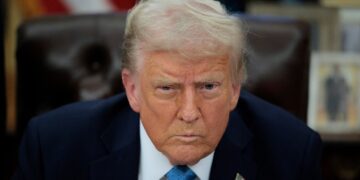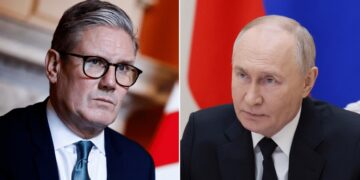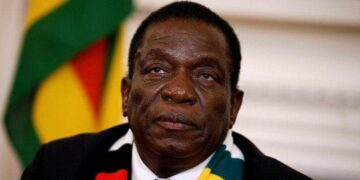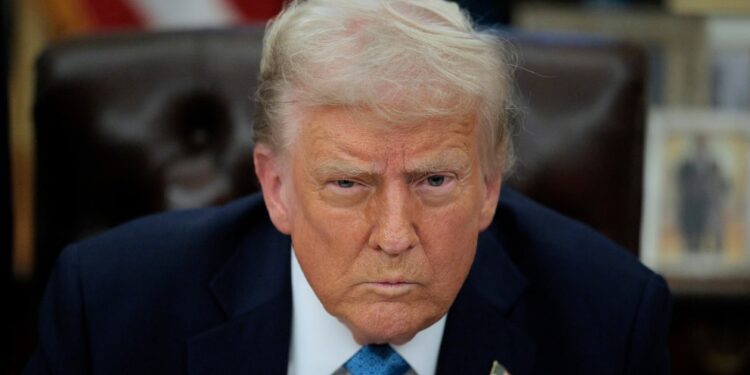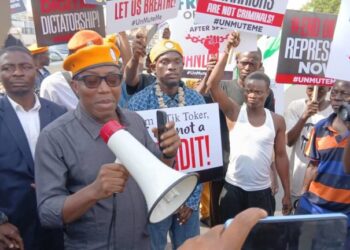By Emmanuel Nduka
More than 50 countries have approached the White House seeking to initiate trade discussions, a key economic adviser to U.S. President Donald Trump stated on Sunday, amid ongoing global instability following the announcement of new U.S. tariffs.
In an interview with ABC News’ This Week, Kevin Hassett, Director of the National Economic Council, rejected the notion that President Trump’s tariffs were designed to intentionally crash financial markets in order to pressure the Federal Reserve to cut interest rates. Hassett emphasized that there would be no “political coercion” of the central bank, addressing a video shared by Trump on April 4, which suggested the tariffs were meant to harm the stock market deliberately to push for lower interest rates.
Speaking separately on NBC News’ Meet the Press, U.S. Treasury Secretary Scott Bessent downplayed concerns about the recent stock market downturn, stating that there were no signs pointing to an impending recession as a result of the tariffs.
President Trump’s announcement on April 2 of broad tariffs on U.S. imports sent shockwaves through global markets, with China retaliating with its own levies. This sparked widespread fears of a potential global trade war and economic downturn.
During appearances on various morning talk shows on April 6, top Trump officials portrayed the tariffs as part of a strategic shift in U.S. trade policy, asserting that any short-term economic disruptions were to be expected.
U.S. stocks plummeted nearly 10 percent in the two days following Trump’s announcement of a more aggressive global tariff regime than many analysts had anticipated. This sharp decline has been attributed by market analysts to the tariffs, with economists and the Federal Reserve’s leadership warning that they could drive up inflation and stifle economic growth.
With the global markets still reeling, investors brace for another week of uncertainty, as the fallout from Trump’s tariffs continues to unsettle financial markets. The last week saw the worst performance for U.S. stocks since the early days of the COVID-19 pandemic in 2020.
Hassett noted that, despite the turmoil, over 50 countries have already reached out to the White House to begin discussions about potential trade agreements. Taiwan’s President Lai Ching-te, on April 6, offered a proposal for zero tariffs as the foundation for trade talks with the U.S., pledging to eliminate trade barriers and increase Taiwanese investments in the U.S.
Hassett, differing from some economists, suggested that the tariffs would not significantly harm consumers, as he expected exporters to adjust their prices accordingly.
In his interview, Bessent echoed the sentiment that a recession was not likely, pointing to stronger-than-expected job growth in the U.S. as evidence that the economy was still progressing. “Given the jobs numbers from Friday, which exceeded expectations, we are moving forward, so there’s no reason to anticipate a recession,” he said.
